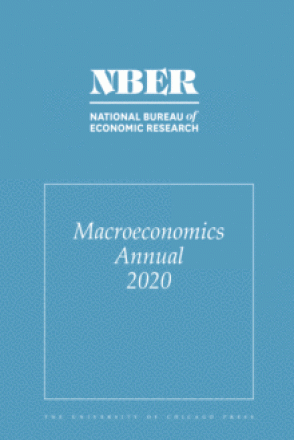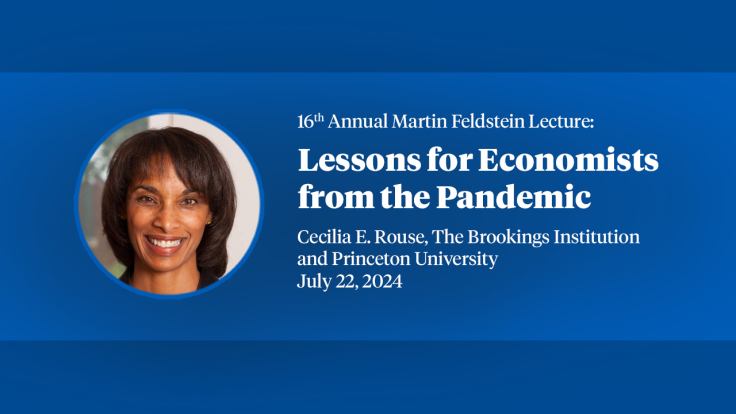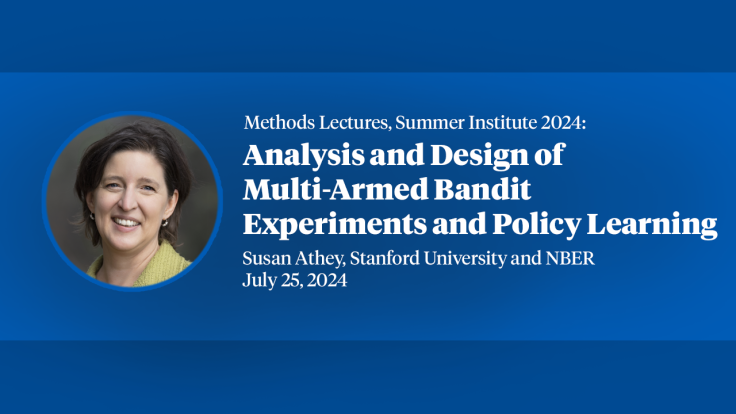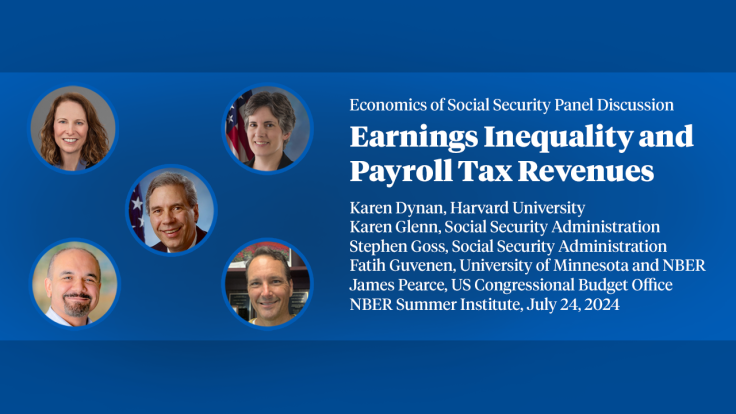What Do We Learn from Cross-Regional Empirical Estimates in Macroeconomics?

You may be able to download this chapter for free via the Document Object Identifier.
Recent empirical work uses variation across cities or regions to identify the effects of economic shocks of interest to macroeconomists. The interpretation of such estimates is complicated by the fact that they reflect both partial equilibrium and local general equilibrium effects of the shocks. We propose an approach for recovering estimates of partial equilibrium effects from these cross-regional empirical estimates. The basic idea is to divide the cross-regional estimate by an estimate of the local fiscal multiplier, which measures the strength of local general equilibrium amplification. We apply this approach to recent estimates of housing wealth effects based on city-level variation, and derive conditions under which the adjustment is exact. We then evaluate its accuracy in a richer general equilibrium model of consumption and housing. The paper also reconciles the positive cross-sectional correlation between house price growth and construction with the notion that cities with larger price volatility have lower housing supply elasticities using a model in which housing supply elasticities are more dispersed in the long run than in the short run.


